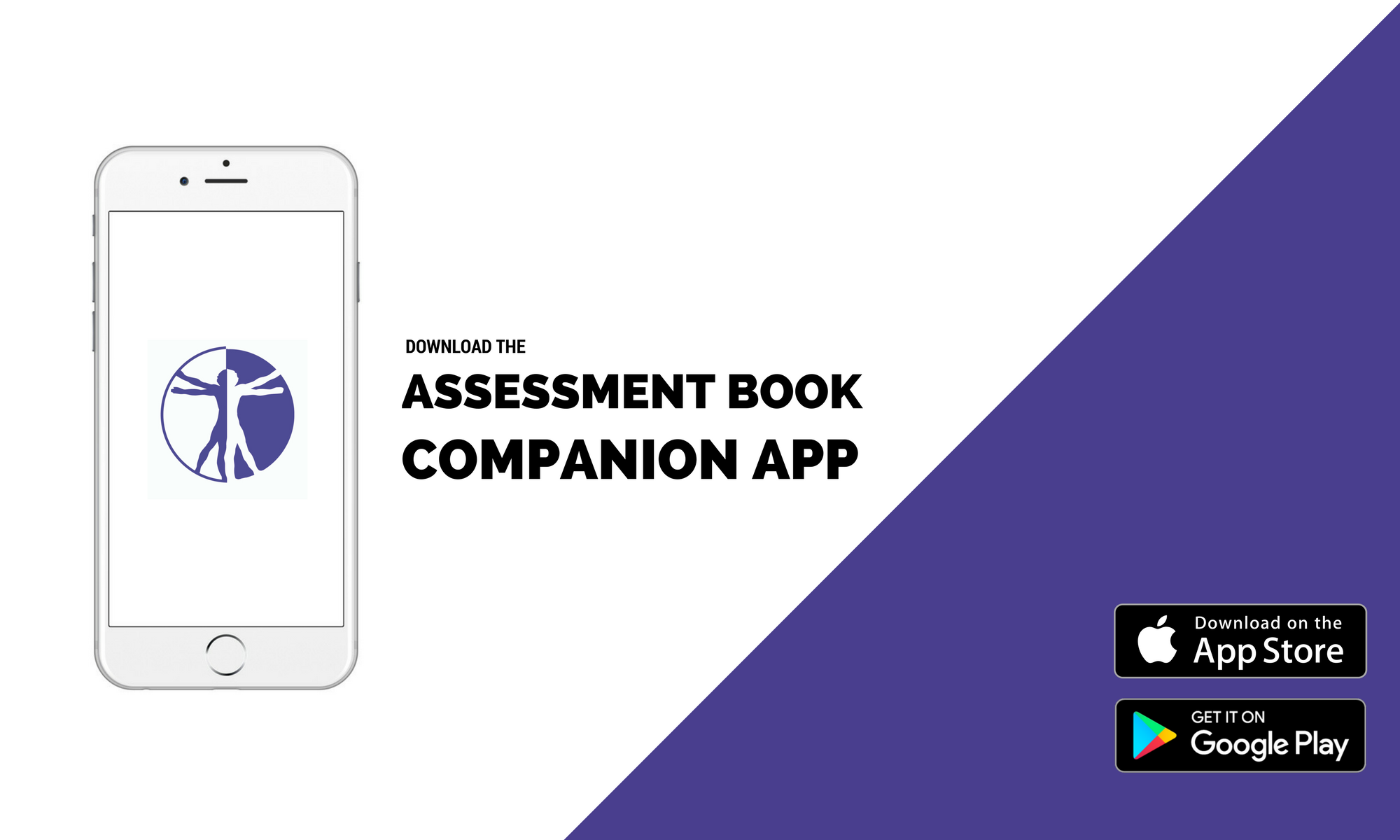During your screening you’ll of course want to rule out sinister pathology that may cause dizziness. Conditions you should screen for in a patient with dizziness are: Menière’s disease, cervical artery dissection, vestibular neuritis, a transient ischemic attack, carbon monoxide intoxication, and an acute episode of hypoglycemia.
So let’s look at what could raise your suspicion that dizziness may come from one of these conditions.
Infarction/Transient ischemic attack/brain hemorrhage
In these cases, dizziness occurs suddenly and in combination with neurological symptoms such as a combination of vertigo with slurred speech, difficulties swallowing, or gait disturbance, paresis in one or both body halves, disturbed sensations in one or both body halves or homolateral hemianopia. Furthermore, there may be acute onset of hearing loss.
Cervical Artery Dissection
We have covered CAD screening thoroughly in another video. The symptom “headache like no other” is a hallmark symptom for an acute CAD and may be accompanied by acute dizziness without prior head trauma. Furthermore, ask for acute hearing loss or a recent throat infection.
Arrhythmias
If a patient whom you know of or suspect to have a cardiac disorder, dizziness may be described as a lightheadedness with drop attacks. These patients should be referred back for cardiac screening. Also ask patients that take prescription drugs if there were any recent changes to their medication and if so to consult their physician.
Carbon Monoxide Intoxication
Dizziness attributed to Carbon Monoxide intoxication is an acute dizziness, paired with headache, nausea, and overall lethargic feeling. The clue for this type of dizziness is to ask if the patient spends a lot of time in unventilated rooms with possible exposure to boilers or central heating systems.
Hypoglycemia
One essential question to ask is if the patient has diabetes. This is because short lasting dizziness, with or without odd behavior and other fitting symptoms (shakiness, sweating, etc) may indicate acute hypoglycemia.
Meniere’s Disease
If a patient reports vertigo that lasts for hours with associated hearing loss, tinnitus or a feeling of fullness in the ears, you’ll refer out for clarification on possible menieres disease.
Vestibular Neuritis
Lastly, constant vertigo that’s not elicited by positional changes of the head, with a history of infections, hearing loss or tinnitus would be a reason to refer out.
Summing up, be cautious with dizziness that has an acute onset with associated hearing loss or tinnitus. Also as with everything during screening, look for a pattern and not just a single symptom.
